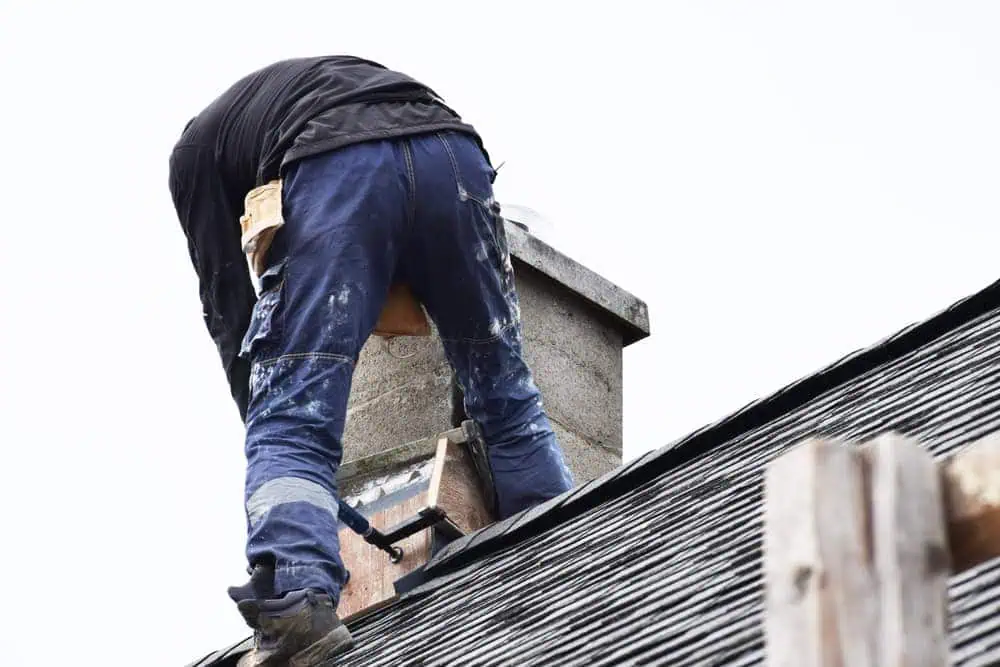Chimney Repair in Lowell, MA
Thorough inspections by Academy Masonry identify potential chimney issues like cracks and blockages, ensuring safety and efficiency in Middlesex County. Their expert repair services in Lowell, MA, address a range of issues, from minor cracks to complete rebuilds, using high-quality materials. Academy Masonry delivers reliable repairs and excellent customer service to keep your chimney in optimal condition.



